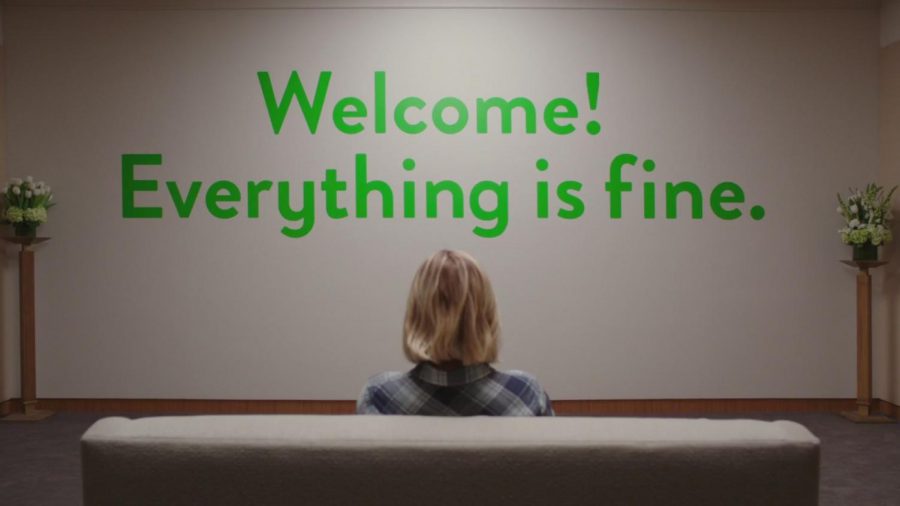Intro to Philosophy in NBC’s The Good Place
October 4, 2018
Intro to Philosophy in NBC’s The Good Place
Nellie Shih ’19, Arts & Entertainment Editor
The Good Place is a comedy series starring Kristen Bell and Ted Danson. Michael (Danson) welcomes Eleanor Shellstrop (Bell) to the Good Place, an afterlife home to Buddhist monks and philanthropists – simply put, good people. Eleanor quickly realizes she’s been sent to the Good Place by mistake, and reaches out to moral philosophy teacher Chidi Anagonye (William Jackson Harper). Chidi teaches Eleanor ethics and moral philosophy to question what makes someone inherently good (and deserving of the Good Place), and whether people (Eleanor) can learn to be good. I personally reached out to CCD’s resident moral philosophy expert, DMac, to further understand the philosophy of The Good Place.
One philosophy Chidi references is Kierkegaard’s idea that in order to evaluate your life, you would have to make a narrative. But, you can only understand your life by looking backwards, even though as we live, we continuously move forward. As a result, you can’t actually look back because you’re never actually at rest. By this standard, the Good Place/Bad Place should be able to accurately determine where you end up. Still, even though Eleanor’s time on earth is up, she’s still living in the Good Place, so can the system actually evaluate whether or not she’s a good person?
Another concept is the Trolley Problem, first created by Phillipa Foot. Imagine an out-of-control trolley barreling down a track, headed straight for five people bound to the track. You can change the path of the trolley by flipping a lever, but the trolley will hit one person bound to the alternate track. According to Utilitarianism, the right thing to do is to flip the switch. Utilitarianism is the idea that the greatest good comes from the greatest amount of happiness for the greatest number of people, regardless of intent. I promise the philosophy discussed in the show is very far from boring, for example: https://www.youtube.com/watch?v=lDnO4nDA3kM
Chidi suffers from a moral conundrum early on about whether he should help Eleanor or turn her in. He references Scanlon’s book What We Owe to Each Other. Scanlon wrote about Contractualism, which is based on Hobbes’s idea that we all act in our own self-interest. We could all act horribly to each other, but we make promises to each other to give up some of those rights in exchange for protection – there are social contracts in place. Morality depends solely on how we interact with others, and right and wrong come from the set of promises we, as a society, agree to work with. This is a central theme of the show: if we all act as good people, maybe we’ll all end up in the Good Place.
Seasons 1 and 2 are available on Netflix, and season 3 is currently airing on NBC. The Good Place funny and charming, and one of my favorite shows. I highly recommend it.
Photo source: https://vignette.wikia.nocookie.net/thegoodplace/images/c/ce/Chapter_1_screenshot_1.jpg/revision/latest?cb=20171204224425



